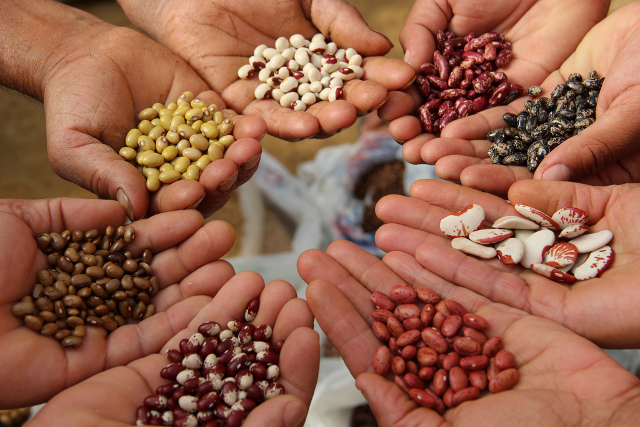About 130 million people in the Common Market for Eastern and Southern Africa (COMESA) region face food insecurity, largely due to limited access to quality and improved seeds among smallholder farmers. With a population of 610 million, this represents a significant challenge to achieving food security and economic growth in the region.
Out of the 90 million smallholder farmers in COMESA, only 20 percent currently have access to quality and improved seeds. Despite a potential seed market estimated at 2 million metric tonnes of quality seed, production and availability remain below 500,000 metric tonnes. This quantity accounts for just 2 percent of global seed production, illustrating a vast unmet demand within the region.
One of the key issues identified is that most smallholder farmers continue to rely on recycled seeds, which limits crop yields and economic opportunities. This situation is further complicated by the fragmentation of seed markets across COMESA member countries. Each country operates under different seed policies and regulations, forcing seed companies to navigate multiple markets separately. This results in increased costs and delays in delivering quality seeds to farmers who need them most.
The need for harmonization of seed laws is critical to overcoming these challenges. The COMESA Seed Harmonisation Regulations, approved in 2014, aim to create a unified regional seed market that facilitates trade, reduces costs, and improves access to quality seeds. The COMESA Seed Harmonisation Implementation Plan (COMSHIP) was developed to support these regulations and is currently being implemented with backing from regional and international partners.
Significant progress has been made with 11 COMESA member states officially adopting the harmonised seed trade regulations. These countries include Burundi, Egypt, Ethiopia, Eswatini, Malawi, Rwanda, Kenya, Tunisia, Uganda, Zambia, and Zimbabwe, with the Democratic Republic of Congo expected to join soon. The adoption of these regulations enables faster approval and commercialization of seed varieties, allowing companies to bring improved seeds to market in a much shorter time frame than before.
COMSHIP has also developed standard operating procedures for 13 staple food crops such as barley, beans, sorghum, wheat, maize, cassava, Irish potatoes, groundnuts, soybeans, sunflower, cotton, rice, and pearl millet. Under the COMSHIP framework, 119 seed varieties have been registered by seed companies and research institutions across the region, providing farmers with a broader and more reliable choice of quality seeds.
The harmonisation effort eliminates lengthy national testing periods by allowing seeds registered in one member state to be accepted regionally. This streamlined approach benefits seed companies and farmers alike, increasing the availability of high-performing varieties and supporting regional trade.
Farmers are already seeing the benefits of this regional approach. For example, smallholder farmers in Uganda are planting maize varieties developed and registered in Zambia, demonstrating the effectiveness of seed harmonisation in facilitating access to improved seeds beyond national borders.
Despite these advancements, the region’s seed production still falls short of demand. The goal is to increase production to at least 10 million metric tonnes of quality and improved seeds over the next two years, a necessary step to ensure food security across all 21 COMESA member states. To achieve this, greater investment and continued regional cooperation will be required.
Support from international partners, particularly the European Union, remains crucial. Financial backing and capacity-building initiatives have helped raise awareness and align national seed laws with the regional regulations. Continued collaboration and funding will be essential to expand these gains and fully operationalize the harmonised seed system.
The harmonisation of seed laws within COMESA represents a major step toward strengthening seed systems, enhancing agricultural productivity, and combating food insecurity. With improved access to quality seeds, smallholder farmers will be better equipped to increase yields, improve livelihoods, and contribute to economic transformation throughout Eastern and Southern Africa.

